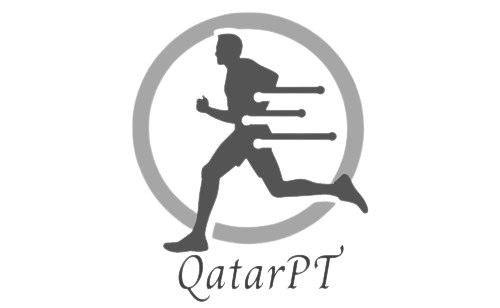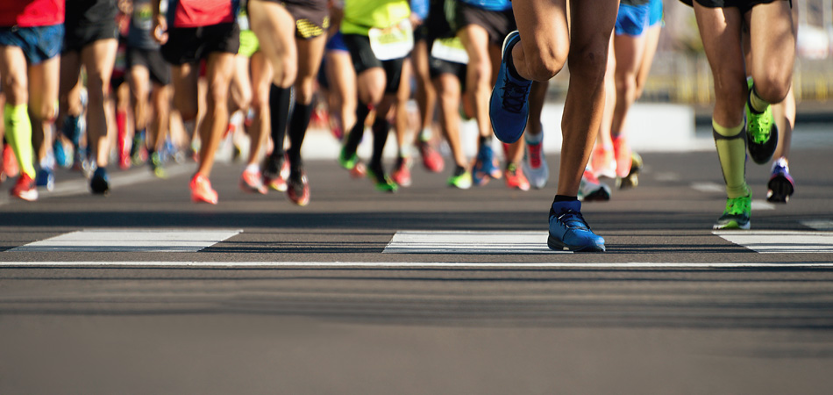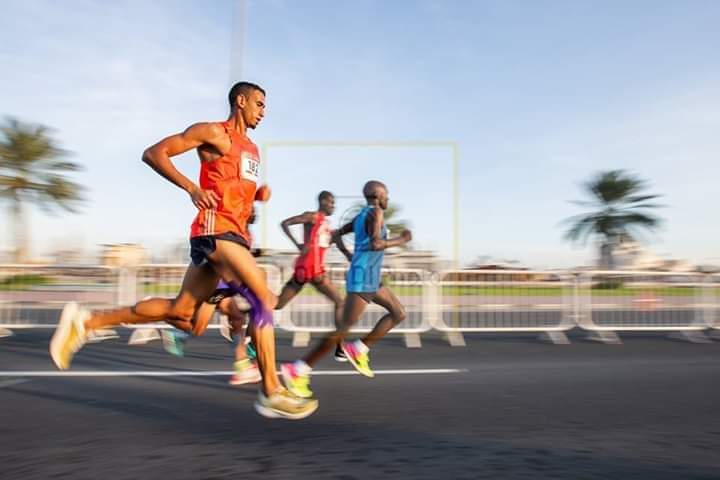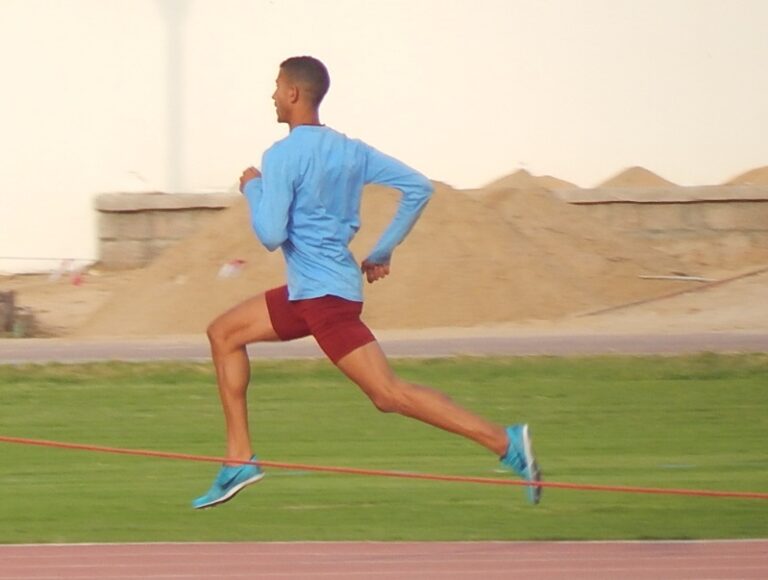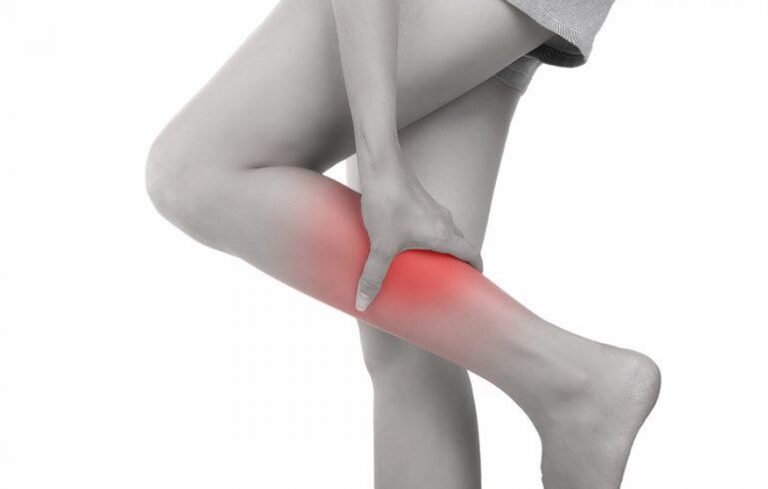Post Marathon Recovery
Completing a marathon is an incredible achievement no matter what level you are running at. The amount of physical and mental effort that a marathon requires will push most of us to our absolute limit and crossing that finish line always comes with an overwhelming feeling and a bag of mixed emotions. It is important to remember the months of continuous hard training, the commitment and discipline required and the hours spent preparing for a marathon. Many of us are even at the brink of getting an injury or managing minor niggles prior to and during the marathon. So, there is no surprise that our body and mind need to recover after a marathon. But how can we optimise this recovery? Especially if we have more races coming up and we do not want to lose fitness, risk sustaining any injuries or face overtraining syndrome.
I will cover some important post-marathon recovery points that every runner should consider to optimise recovery, to prevent injuries and to return to training effectively.
Important Recovery Strategies

- Eat, Drink and Sleep
This may sound obvious but these three points are the most important ones for recovery. We need to give our bodies proper rest as well as refuel and rehydrate.
- EAT: Re-fuelling effectively after a marathon has an important impact on recovery and reduction of muscle breakdown. Ideally it should be started within 30-60min after completing the race. During this 30-60min ‘anabolic window’ your muscles are primed to absorb glycogen and nutrients to rebuild and prevent further muscle breakdown. Re-fuelling also optimises liver and muscle glycogen stores so you can achieve greater adaptation to training.
Carbohydrates – so we need the glycogen for recovery, especially in that first hour after your race. Try to aim for 1.5 grams of carbohydrate per kg of body weight. For example, a 70kg person would want to eat 105g of carbohydrate post-race. This may be in the form of a bagel with jam, 1 cup of oatmeal with a banana.
Protein – this will help muscle repair and recovery. Studies have shown that adding 15-25grams of protein to your recovery meal will speed up muscle recovery. This can be taken in the form of protein smoothie, protein bar etc.
Supplements – can also help to speed up recovery by reducing inflammation. The supplements I would recommend for improving recovery are listed below:
Tumeric (curcumin) is a potent antioxidant that is known for its anti-inflammatory properties and can hence reduce muscle soreness, promote good circulation and it supports the immune system.
Omega-3 is a polysaturated fatty acid that also reduces inflammation, improves circulation and aids the immune system. Magnesium has a crucial role in muscle and nerve function, energy production and protein synthesis. It also promotes better sleep and muscle relaxation.
Vitamin C is another strong antioxidant and has an important role in our healing process as it promotes building new protein for the skin, tissue, tendon and ligaments. Some studies also suggest that by taking high dose (600-1000mg) of vitamin C for a week prior to a marathon it can reduce the risk of post-race infections.
Zink – is an essential mineral for general health and immunity. It will help us to keep the immune system primed as well as assisting in healing of muscle damage and speed up recovery.
- DRINK: Rehydration is crucial after a marathon race as you probably can imagine. This will aid both physical and mental recovery. Water will not be enough so make sure you get drinks with electrolytes to restore sodium, chloride and other minerals. How do we know how much we need to rehydrate? Well, one way is to weight yourself before and after the race. Then aim to drink 500-700ml/kg lost but ensure this fluid intake is done over several hours and not over a short period of time. Another way is to check the colour of your urine. If the colour is dark then it suggests that your body is still dehydrated. Aim to rehydrate until you achieve a light yellow or transparent urine colour.
- SLEEP: Try to make sure you get some good amount of sleep. Especially in the first 48hrs post marathon. You may feel the need for day time naps and going to bed earlier so listen to your body. During our sleep a lot of the physical and mental recovery takes place. A marathon causes significant muscle cell damage and the repair and cell growth take place during sleep. Studies have shown that optimal sleep has a positive effect on both injury prevention and reduction in sustaining infections, highlighting the importance of sleep in an athlete’s recovery process and performance.
- Massage: Massage can also help to speed up muscle recovery. During the first week post-race the massage should be very gentle and deep tissue massage should be avoided. There is a lot of ongoing muscular inflammation and any intense tissue massage make aggravate the inflammation and actually delay recovery in some cases. However, a gentle massage that focuses on relaxing the muscles, improving circulation and encouraging recovery can be very helpful. This can also be done by the use of a leg compression machine at a light setting with low intensity.
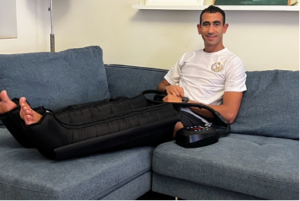
- Ice Baths: As mentioned in my previous blog ice baths have many benefits in aiding muscle recovery and preventing inflammation and muscle breakdown. This is especially useful in the first 48hrs post-race when the inflammation is at its highest.

Active Recovery: Even though it may be tempting to stay in bed and not move it has been proven that gentle active recovery speeds up recovery and reduces muscle soreness. If you are in a lot of pain then it is advisable to start with swimming, cycling, aqua-jogging or walking before returning to running. Mobility training and stretching is also an important component in recovery and injury prevention.
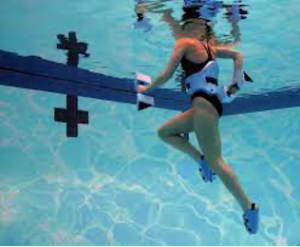
When Can I start Running or Racing Again?
It is very individual how quickly you can go back into full training and racing again after a marathon. It also depends what intensity you are planning to back into. The faster you return to high intensity training the higher the risk is of injuries, overstraining and poor performance. Hence, good and effective and more prolonged recovery plan is even more important in cases where return to normal or high intensity training is required.
Some recommendations
I would recommend to give your body 4-5 weeks before returning to full intensity or racing again. As well as allowing the muscles to recovery, the glycogen stores need to be refilled and this can take up to a month to achieve in some cases. So, this would be an example of what I would recommend:
Week 1
- Try not to train at all for the first 2-3 day.
- Gentle walking and swimming is fine but no training sessions. The body really need to rest for the first few days. Optimise nutrition, rehydration and sleep.
- Day 4-5: a gentle 30min run is ok but if you experience pain or your body object then stop. The important bit here is to listen to your body.
- Day 6-7: you can try 60min of any form of gentle training such as easy jog, cycling and swimming. Again, follow the signals your body gives you.
Week 2
- Gently return to running but mix it up with some general strength work.
- At no point should you be training hard yet.
- Longest run should not be more than 60-90min at easy pace. One shorter interval at marathon pace if your body feels fine can also be done.
Week 3
- Gradually increasing the speed and distance but I would still keep longest run at 60-90min.
Week 4
- You should almost feel fully recovered now if there have not been any additional problems such as injuries, infection or other stressors that can impact on recovery.
- You should be able to go back into your normal training now.
- If racing I would try to keep the distance to 5-10km or maximum 21km.
- Good sleep, massage and good nutrition is still important for continued progress.
‘There is POWER and HEALING in REST’
